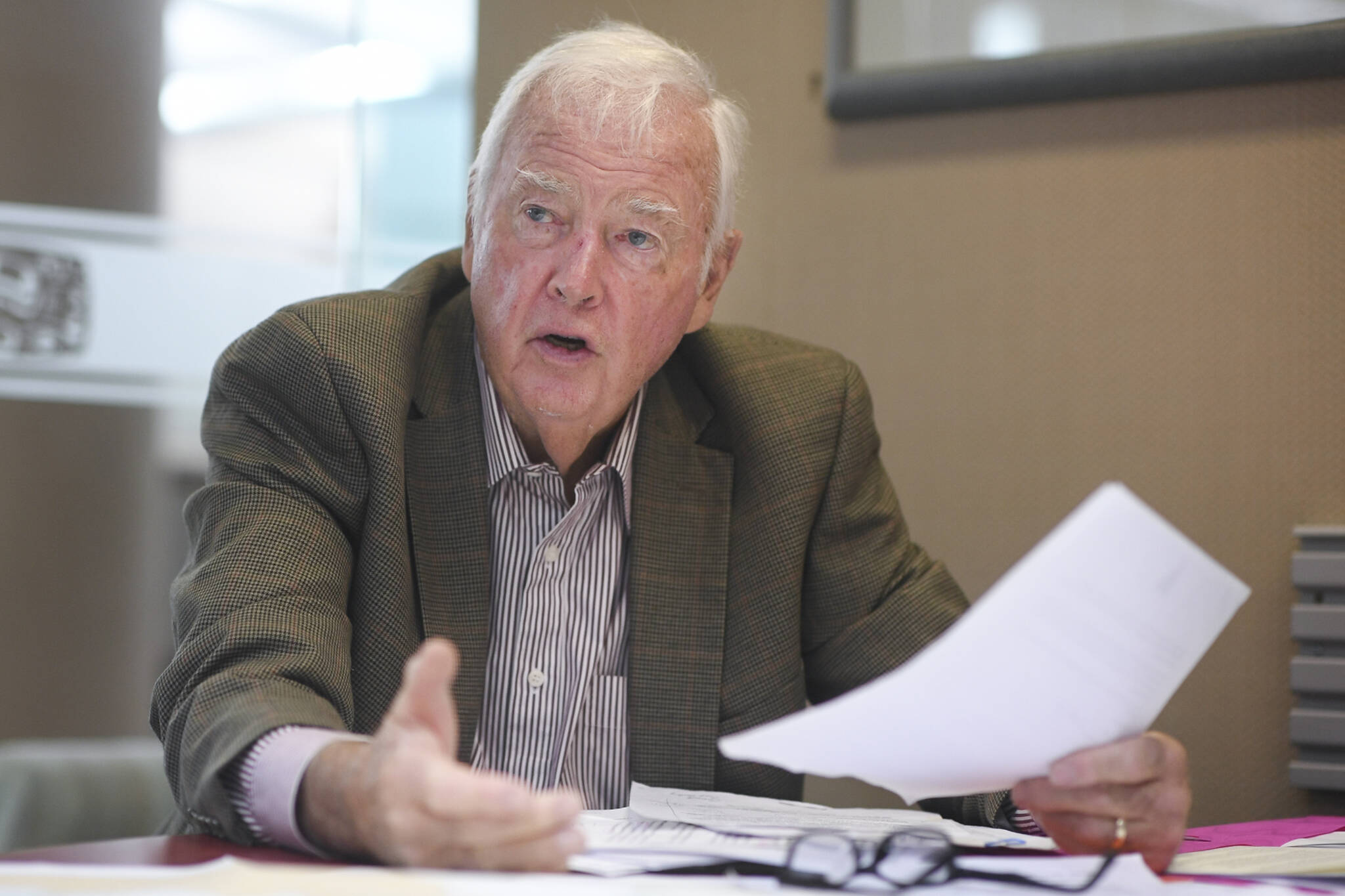Events taking place today in the energy world should be of critical concern to our country, our Congress and our president.
The recent announcement that the Saudis are to cut their oil production by 1 million barrels per day comes with a harsh realization that the price of oil is going through the roof.
Joining the Saudis are countries associated with the Organization of Petroleum States.
This group, which is mostly controlled by the Saudis, is now joined by Russia. The other states include the United Arab Emirates, Kuwait and Algeria. It is estimated that the reduction in oil output will be equal to about 3% of the world’s production.
The U.S. has had a good working relationship with the Saudis based on mutual security interests. That may be changing.
The Saudis enjoy having an excess capacity of oil available for worldwide shipments. This gives them control of the price by simply cutting or increasing oil production. By this action they are dictating both world energy prices as well as setting world energy policies.
The Saudis have enriched themselves thanks to manipulating supply and pricing. Recent announcements from Saudi Arabia show that their sovereign wealth fund is now valued at 621 billion.
The Saudis’ inclusion of Russian oil gives Russia added sources of revenue to fund its war with Ukraine.
Now Japan has recently exempted itself from the OPS agreement to not pay over $60 per barrel. Japan and other countries are now paying well over $80 a barrel.
While we continue to look toward developing technology to meet our concerns over global warming and carbon reduction, I believe there is an alternative solution for consideration.
Why not Canada? A recent article in the Wall Street Journal by the Canadian Energy Center titled “Energy with Integrity Matters” states “While America produces much of its own energy, about 1M barrels of oil per day, it’s still imported from OPEC nations like Saudi Arabia, Iraq and Libya. There is a better solution. Canada has more than enough oil and gas to meet US demand for imports, supplementing domestic production. We’re your neighbor, your ally. And a reliable and responsible producer. Together, Canada and the US can achieve energy security and independence for North America.”
Sometimes an answer comes from looking in the right places. “Canada” and next door “Alaska.”
In 2006 under my administration we entered into a contractual agreement to build a natural gas pipeline from Alaska’s North Slope to Alberta. The natural gas would then move into the U.S. through existing pipelines.
The holders of the contract were Exxon, BP and ConocoPhillips, all holding valuable gas leases. The state would hold a 20% equity interest in the project. The state would have paid its share from gas royalties. Paralleling this project was the rapid development of shale gas technology. Discoveries were made close to the U.S. markets, which made the Alaska gas no longer competitive.
So far, that is as close as Alaska has gotten to marketing its huge reserves of gas. Why we continue to acquire energy from our dubious international partners deserves an explanation from the Biden administration.
Frank Murkowski is a former U.S. senator and the eighth governor of Alaska.

